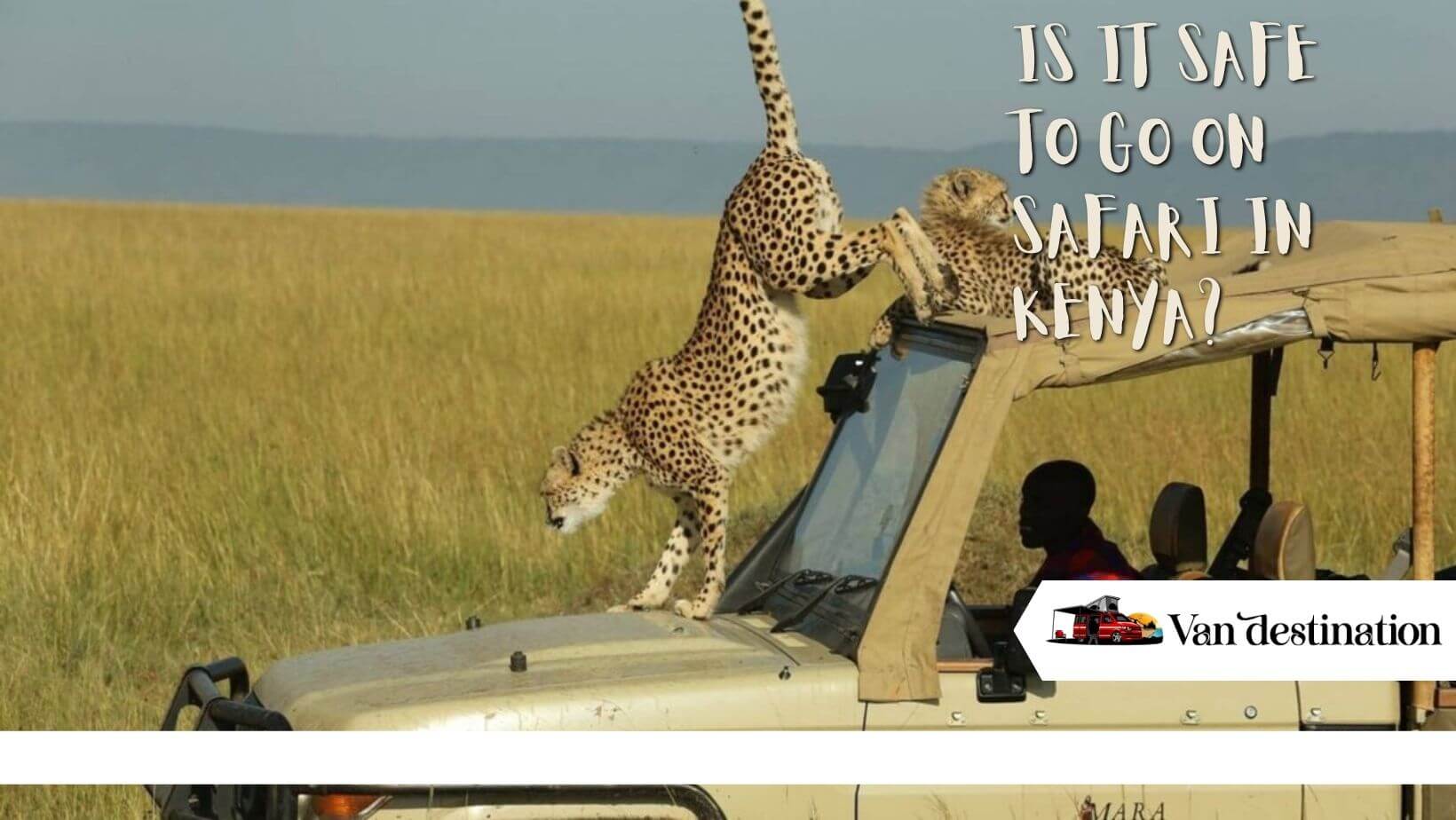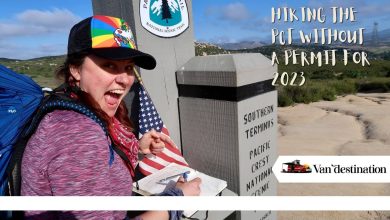Is it Safe to Go on Safari in Kenya?

Yes, it is safe to go on safari in Kenya. For most travelers, Kenya is a perfectly safe country to visit for a safari or business in Nairobi. Kenya’s superb safari destinations are safe to visit and its warm, hospitable people will make your trip a memorable one. However, LGBTQ+ travelers should be wary of the country’s harsh anti-gay laws and general intolerance.
Kenya is a beautiful country with a rich wildlife and culture. It is home to some of the most amazing wildlife reserves in the world, including the Maasai Mara National Reserve, Amboseli National Park, and Tsavo National Park. However, many people are concerned about the safety of going on safari in Kenya.
The Dangers of Safari Life
Going on safari can be dangerous if you don’t follow the rules. Here are some basic rules:
- Keep your voice down – animals scare easily and you wouldn’t want to miss a pride of lion because you are chatting too loudly.
- Always stay in the van, truck, or 4WD – Africa is not a zoo and its animals will eat you. There have been many terrible cases of people getting out to try and grab the perfect photo.
- Never turn your back on a wild animal – this is more for the brave souls who undertake a walking safari (one of the great joys of Africa). The only thing that turns and runs in Africa is prey, so lions will chase you.
Listen to Your Guide
Not every situation will be safe for you. If your guide advises you to move on or back away, then do so. From Botswana to Kenya, South Africa to Uganda, all rules vary. But they are aimed at keeping you safe, keeping the animals safe, and keeping the tourist dollars flowing.
Also Read: Overlanding Mexico: A Guide to Exploring the Land of the Aztecs
Infections
Being in the wild will bring you in contact with a variety of possible infections: malaria, sleeping sickness, and dysentery are just a few of the diseases you can pick up. Make sure your vaccinations are up to date, and follow these precautions against insect bites:
- Wear long loose-fitting white clothing.
- Put insect repellant on exposed skin – day and night.
- Sleep under nets or have insect repellent in your room.
Charge Your Devices
Do yourself a favor before even considering traveling to Africa, buy a good camera and make sure it is charged before you venture out. If it is a battery-operated camera then carry some extra batteries. Lions, rhinos, elephants, giraffes – you don’t want to get substandard snaps or miss that shot because your battery has died.
Is it Safe to Travel to Kenya?
Yes, it is safe to travel to Kenya. Thousands of American tourists visit Kenya’s incredible wildlife areas like the Masai Mara, Samburu, Amboseli, and Laikipia every year without incident. However, there are issues with crime in major cities, and many government travel advisories warn travelers of the threat of terrorism. Check your Government’s travel advice for the latest information.
Conclusion
Going on safari in Kenya can be an amazing experience if you follow the rules and take precautions against infections and other dangers. Make sure your vaccinations are up-to-date and follow these precautions against insect bites: wear long loose-fitting white clothing; put insect repellant on exposed skin – day and night; sleep under nets or have insect repellent in your room; charge your devices; listen to your guide; never turn your back on a wild animal; always stay in the van, truck or 4WD.
Also Read: How to get from Vancouver to Tofino



